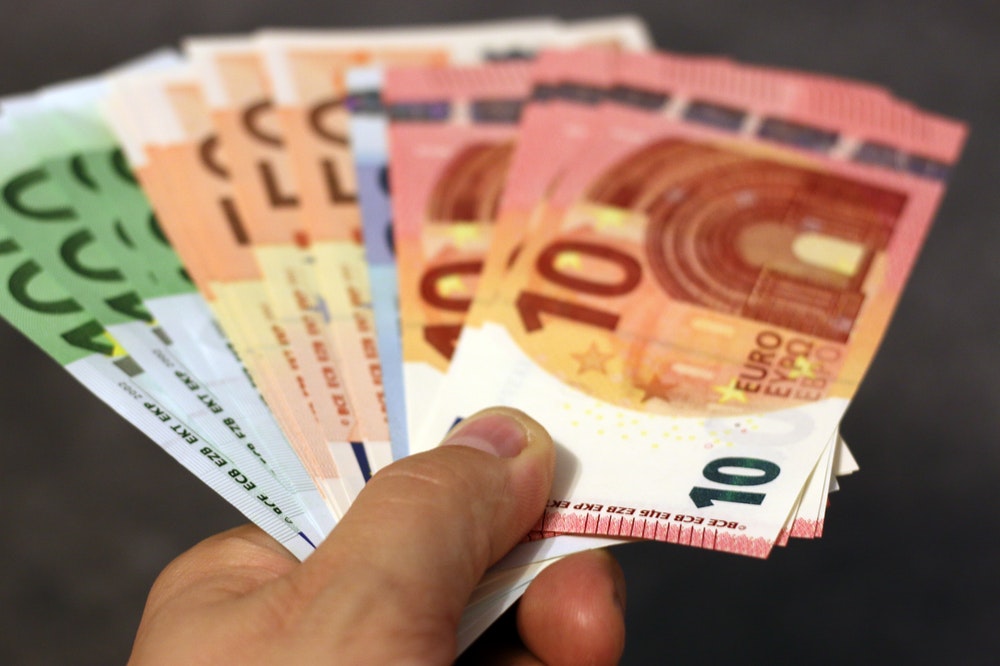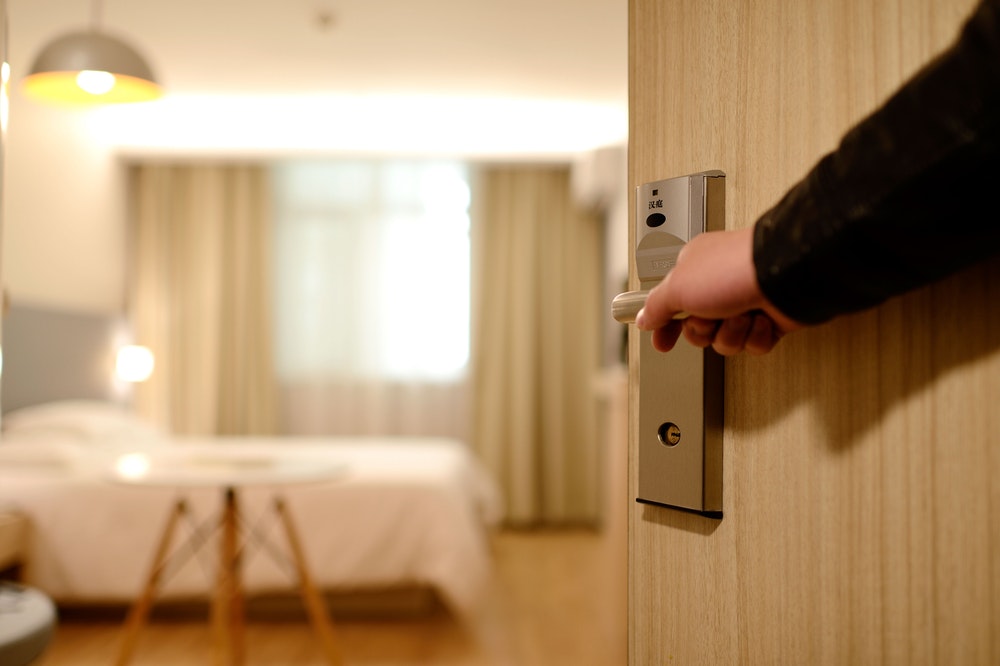The United Kingdom has officially left the European Union.
What does it mean for you as a traveller? What has changed after Brexit?
The good news is — even after Brexit, air passengers in the UK still will be protected against flight disruptions, but under a different law. As of January 2021, a new law has been brought into force, a regulation that protects everyone flying to and from the UK, and with UK airlines. Based on the EU Flight Compensation Regulation 261/2004, the new UK law defines what are the airline’s responsibilities when it comes to delays, cancellations and denied boarding, and gives guidelines regarding the amount of compensation.
Read on to learn more about air passenger rights.
1. Air Passenger Rights in the EU After Brexit
First of all, all the UK airlines are not considered EU airlines anymore.
Second, now there are two laws protecting air passenger rights.
As of January 1, 2021 all airlines registered in the UK are seen as non-EU airlines. Accordingly, when you now will be flying with British Airways or easyJet, you will be protected by the European Union only when flying from the EU.
But, if you are flying with BA or EasyJet from and within the UK, you will be protected by the new UK law — Regulation UK261. Just like with the EU law, in case of flight disruptions in the UK, you will have a right to care and, in some cases, receive flight compensation.
2. What is Regulation UK261 About?
Just like the EC regulation 261/2004, the Regulation UK261 is all about your rights.
It’s a rather complicated and long read, but, in a nutshell, it simply answers the question, what happens if there’s a problem with your flight. It tells what are your rights and what are your airline’s responsibilities in case of flight disruptions.
Check out these articles to learn more:
- UK flight delay compensation
- UK flight cancellation compensation
- UK denied boarding compensation
- Flight downgrade compensation
- Missed connection compensation
- Airline refund for cancellation
- Right to care in the UK
Listed above are all the situations when you are protected by the law.
The Regulation UK261 explains in which situations you can get a compensation, and in which situations you can’t. It also gives very clear guidelines regarding the amount of compensation.
3. Scenarios When You Can Get Flight Compensation (UK Law / EU Law)
Now, when there are two laws, this matters.
Here are all the possible scenarios when you can get flight compensation.
In some cases you can refer to any of the two laws (the UK and EU regulations) when filing a compensation claim against the airline, in others — only to one of these laws. Take into account that if you have a connecting flight, your final destination is considered your “real destination”. If you’re flying from Tallin to Dubai via London, Dubai is your real destination, as long as it’s a connecting flight.
You’re flying with a UK airline:
Regulation UK261 | Regulation EC261/2004 | |
| EU – EU | ✓ | ✓ |
| EU – UK | ✓ | ✓ |
| EU – Third Country | ✓ | ✓ |
| UK – EU | ✓ | – |
| UK – UK | ✓ | – |
| UK – Third Country | ✓ | – |
| Third Country – EU | ✓ | – |
| Third Country – UK | ✓ | – |
You’re flying with a EU airline:
| Regulation UK261 | Regulation EC261/2004 | |
| EU – EU | – | ✓ |
| EU – UK | ✓ | ✓ |
| EU – Third Country | – | ✓ |
| UK – EU | ✓ | ✓ |
| UK – UK | ✓ | – |
| UK – Third Country | ✓ | – |
| Third Country – EU | – | ✓ |
| Third Country – UK | ✓ | – |
You’re flying with other airlines (non-EU, non-UK):
| Regulation UK261 | Regulation EC261/2004 | |
| EU – EU | – | ✓ |
| EU – UK | – | ✓ |
| EU – Third Country | – | ✓ |
| UK – EU | ✓ | – |
| UK – UK | ✓ | – |
| UK – Third Country | ✓ | – |

4. How Much Can You Claim?
The amounts are fixed and regulated by the law.
Generally speaking, the longer the flight, the bigger will be the compensation. The amounts listed below are what you can claim for flight delay, cancellation and denied boarding, when it’s due to fault of the airline. They are the same for all passengers, no matter the cabin class.
Here’s how you can calculate the amount of compensation:
When your destination is within the UK / EU:
£220
If the distance of your flight is 1,500 km or less
£350
If the distance of your flight is 1,500 km – 3,500 km
When your destination is outside the UK / EU:
£220
If the distance of your flight is 1,500 km or less
£350
If the distance of your flight is 1,500 km – 3,500 km
£520
If the distance of your flight is greater than 3,500 km
There is one exception. If the distance of your flight is greater than 3,500 kilometres, and you reach your destination with a delay between 3 to 4 hours, you will be receiving £260 not £520 (50% of the compensation). If the delay is longer than 4 hours, you will get full compensation of £520.
When it comes to downgrades, it’s 30 — 75% of the price of the ticket.
The compensation has to be paid in cash or transferred to your bank account. You don’t have to accept any coupons or airline vouchers. The rules apply to all airlines operating in the UK. The UK law protects everyone — no matter the age, nationality and price of the ticket. A child under 2 years old can receive full flight compensation, too. Apart from that, passengers don’t have to provide a travel insurance when claiming a compensation.
Conditions:
- Disruption must be due to the fault of the airline.
- If you’re flying with a UK airline, it applies to all flights to and from the UK and EU.
- If you’re flying with a EU airline, it applies only to flights to and from the UK. On the rest of the flights you’re protected by the EU regulation EC261/2004.
- If you’re flying with a non-UK, non-EU airline, it applies to all flights departing from the UK. If your flight departs from the EU, you’re protected by the EU regulation EC261/2004. In the rest of the situations you aren’t protected by neither of the laws.
This applies to charter airlines and charter flights too.
5. Assistance From the Airline (Right to Care)
In short, nothing has changed.
Same like before Brexit, also now you have a right to care. If you have to wait extra time at the airport, your airline has to take care of you. Regulation UK261 defines what are the situations when the airline is obliged to provide the passengers with assistance, and what kind of assistance it has to be. Just like with the compensation, the guidelines are specific. In the UK, all passengers have a right to care.
According to the Regulation UK261, Article 9, if you have to wait at the airport for 2-3 hours because of a delayed, cancelled or overbooked flight, the airline must offer you:
- free meals and refreshments in a relation to the waiting time,
- free hotel accommodation if a stay of one or more nights is necessary,
- two free phone calls, e-mails or faxes (all situations).
There are exceptions, but in most cases, you’ll be getting your first free meal if you have to wait for 2-3 hours. Most probably, you’ll be given coupons which you can exchange at the airport cafes, shops or restaurants. Contact your airline if nothing is being handed out.
You can also buy a meal yourself and request a refund from the airline later. You just have to save all the receipts, so that you can send them with your claim. Otherwise, you won’t be compensated for any expenses.

6. How Can You Claim Compensation?
The most important thing to remember — you must file a claim.
Because — if you do nothing, if you don’t request compensation, you get nothing. The same stands true also with refunds and baggage compensation. Here we have compiled a list of all different situation and how you can claim compensation in every one of them.
Featured photo by Anthony Beck from Pexels